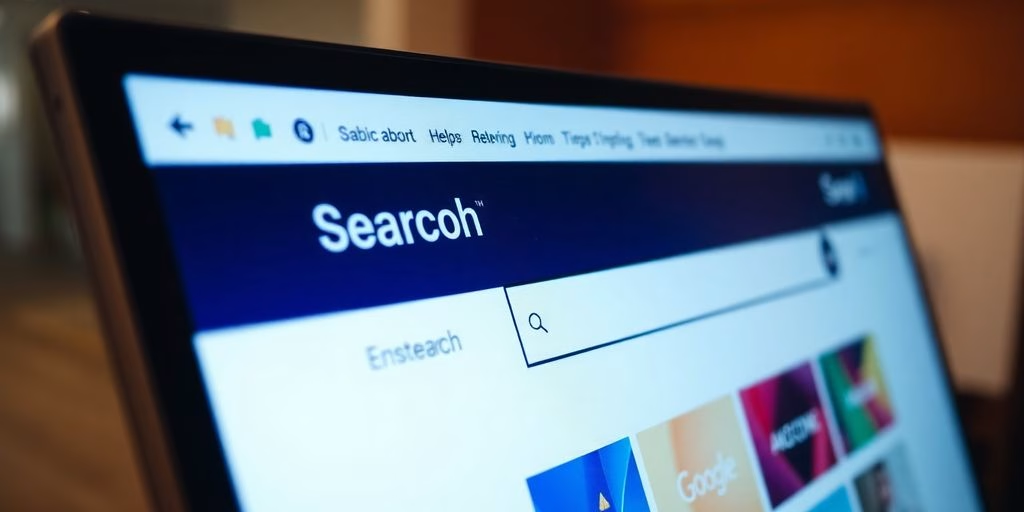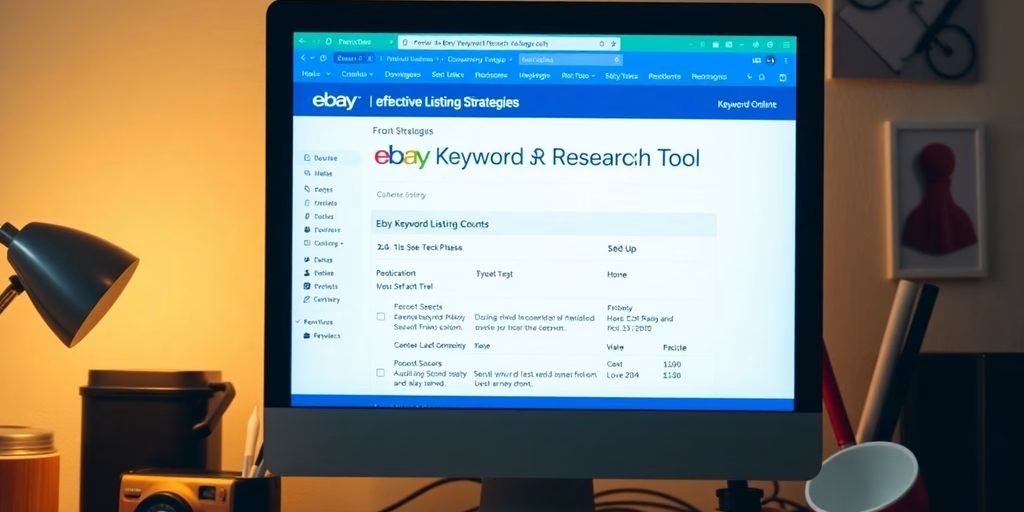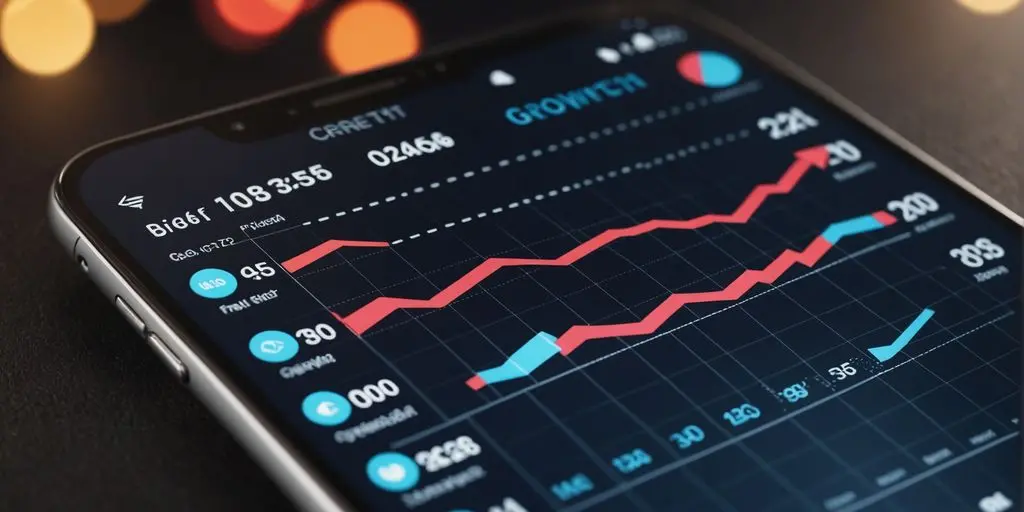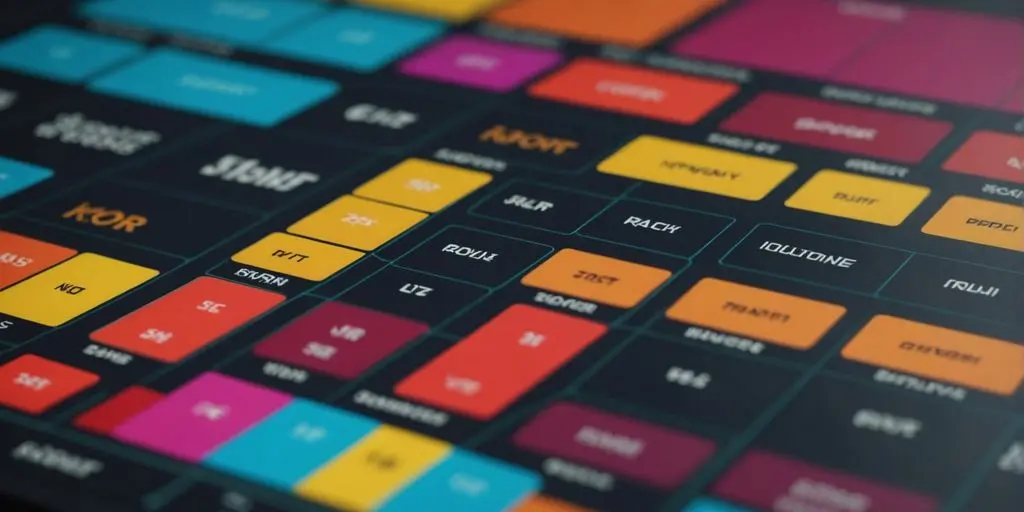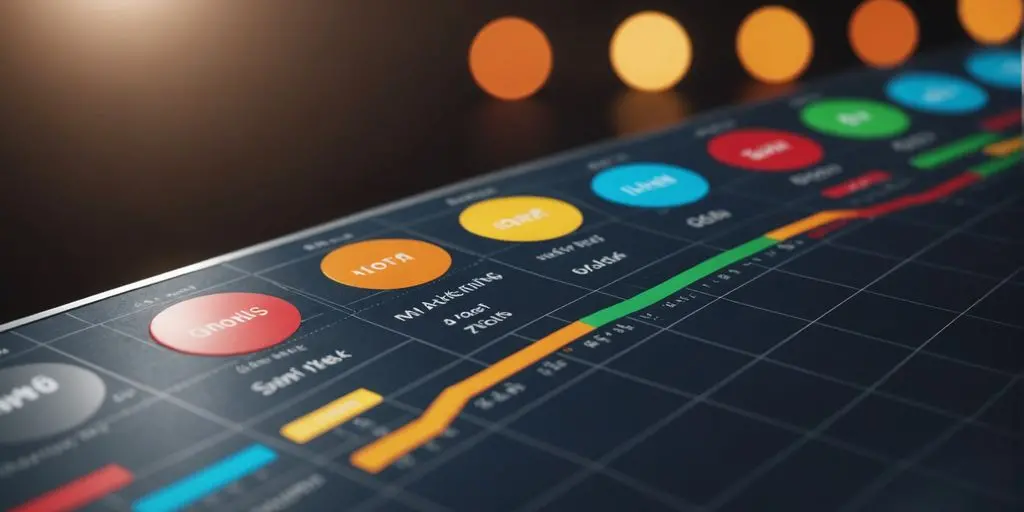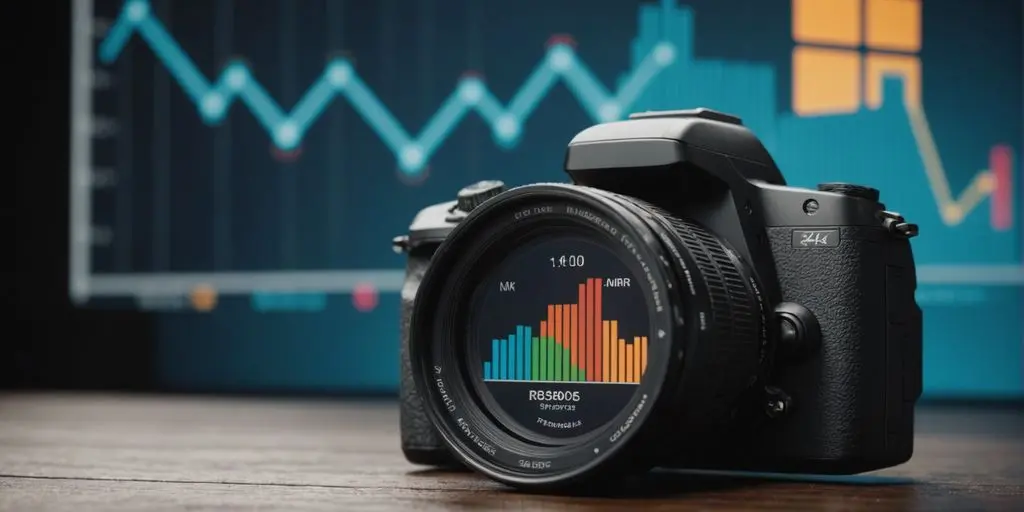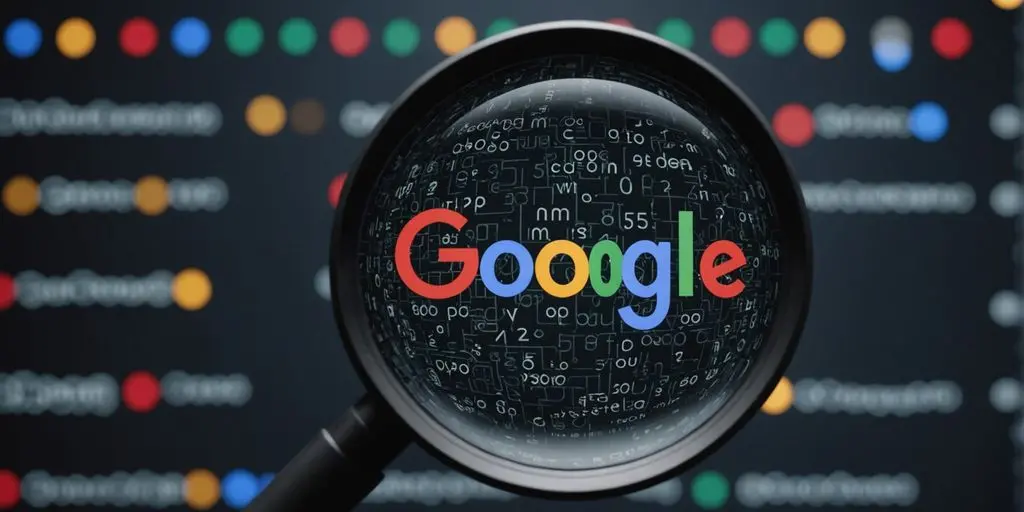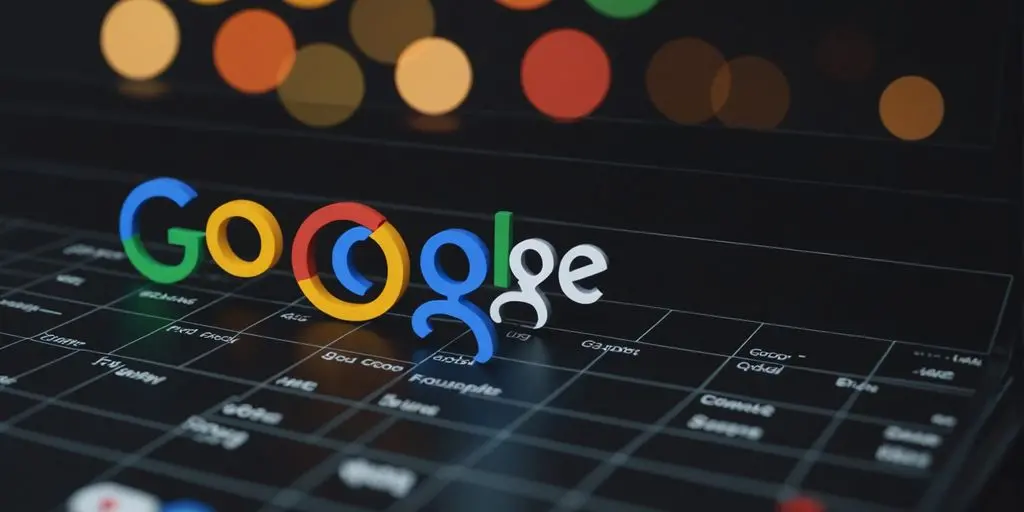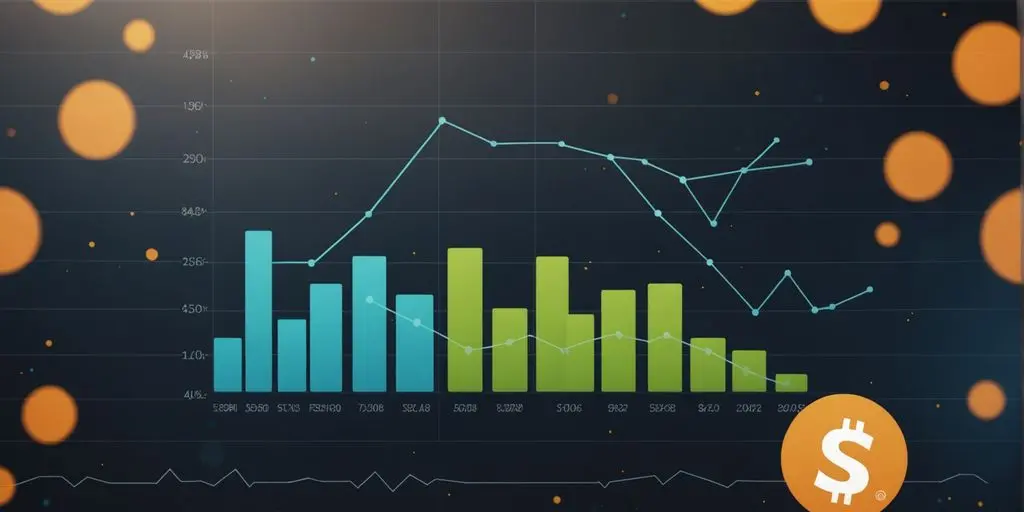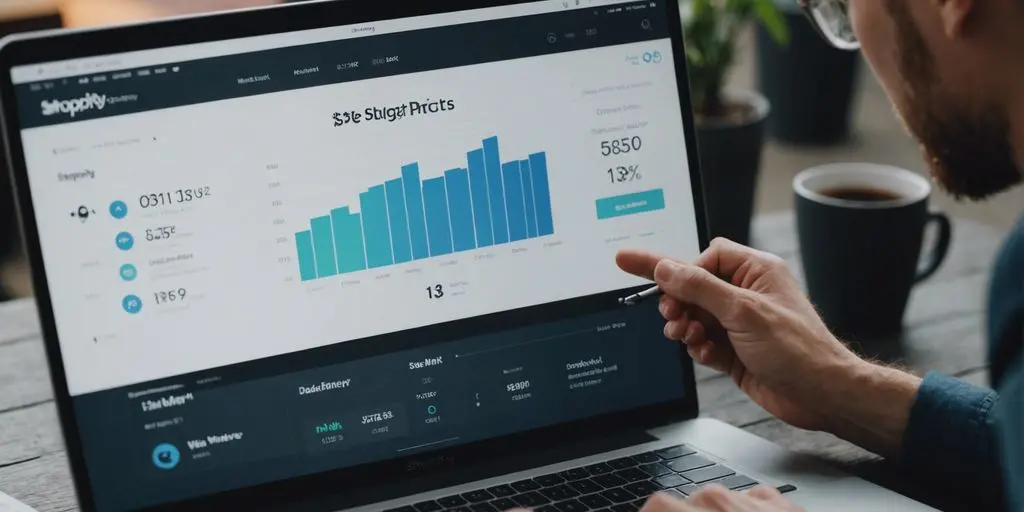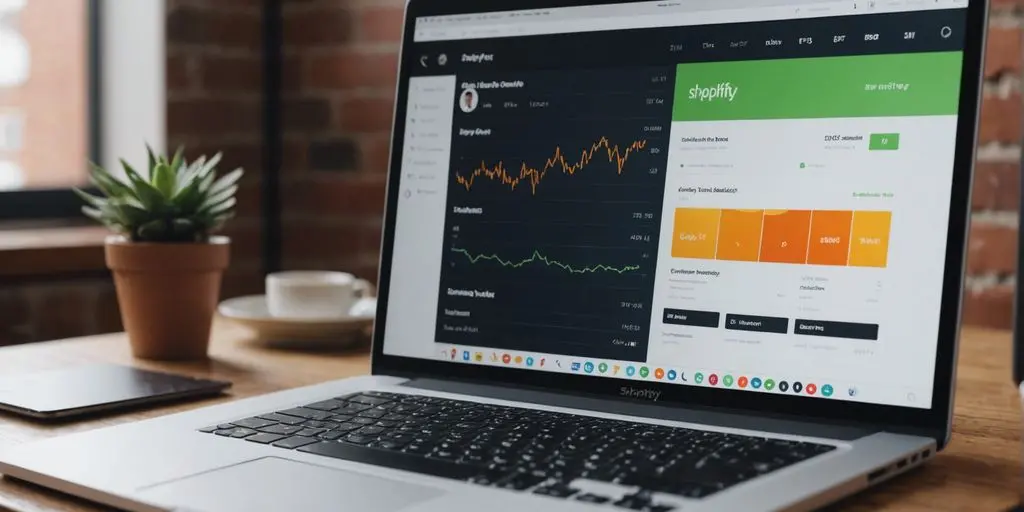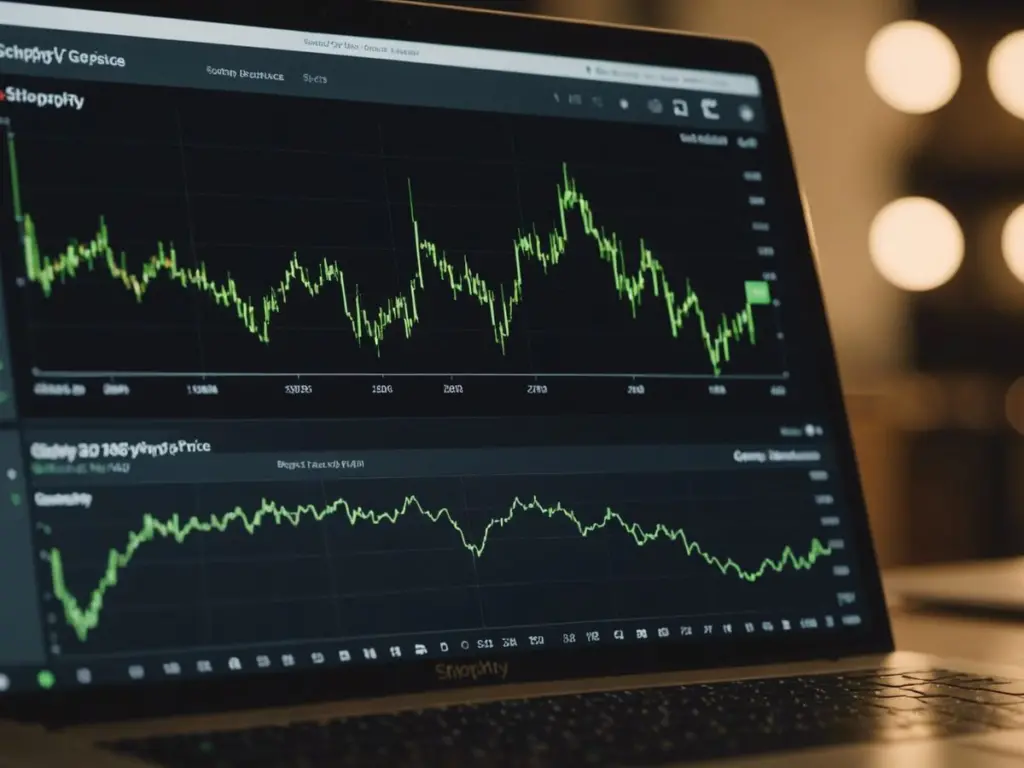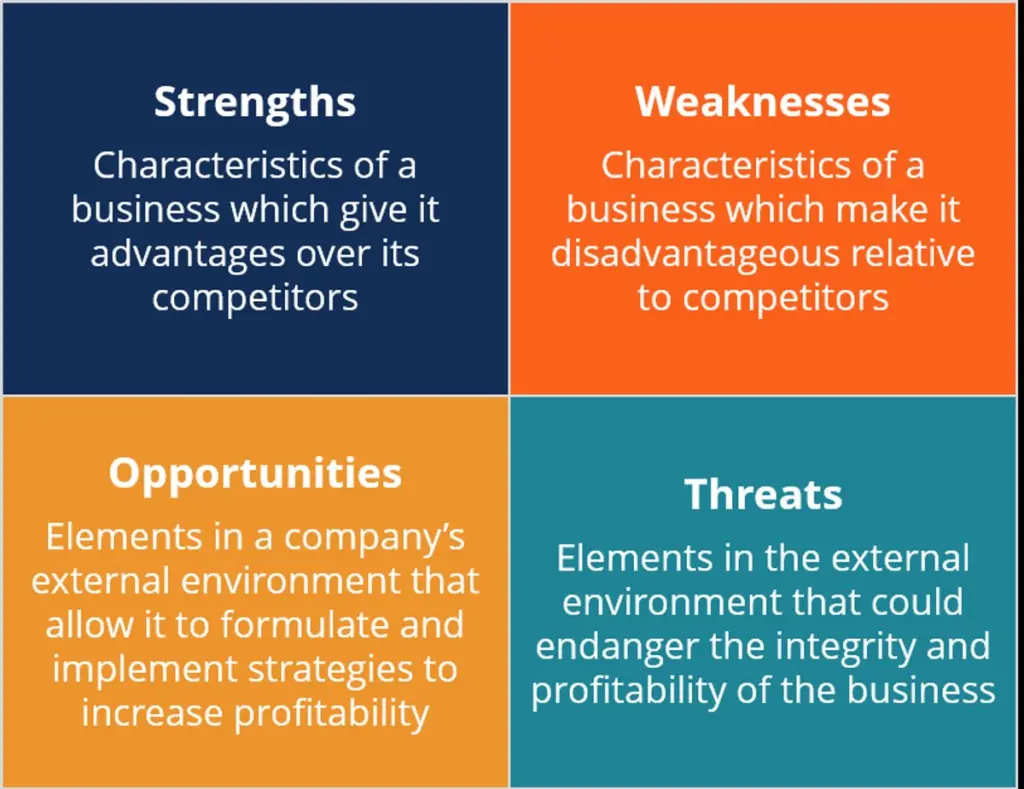Understanding CPC, or cost-per-click, is essential for anyone involved in digital marketing. This article will break down what CPC is, how it works, and why it matters for your advertising budget. We’ll also compare CPC with CPM and offer strategies to make the most of your ad spend.
Key Takeaways
- CPC stands for cost-per-click, a metric that shows how much you pay each time someone clicks on your ad.
- Lowering your CPC can make your advertising more cost-effective, giving you more clicks for less money.
- CPC is different from CPM, which stands for cost-per-thousand impressions, and each has its own uses.
- Optimizing your CPC strategy involves focusing on keyword choice, ad relevance, and smart bidding tactics.
- Understanding and managing CPC is crucial for maximizing your return on investment (ROI) in digital marketing.
What Every Marketer Needs to Know About CPC
CPC represents the cost incurred with each click on your digital ad. This metric wields immense influence over the effectiveness and efficiency of your marketing endeavors. To harness its power, let’s begin by unraveling the essence of CPC.
Deciphering the Mechanism of CPC
CPC, or “cost-per-click,” operates on a simple premise—advertisers are charged only when users click on their ads. This billing model falls under the realm of “click-based advertising” or “click-guaranteed advertising”, and the formula for CPC is pretty straightforward:
Advertising Cost ÷ Number of Clicks = CPC (cost-per-click)
Now, let’s look into CPC’s counterpart, CPM.
CPC vs. CPM: A Marketer’s Comparative Insight
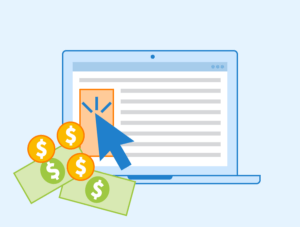
Understanding CPC and CPM
When diving into the world of digital advertising, two terms often pop up: CPC and CPM. CPC (Cost Per Click) means you pay each time someone clicks on your ad. On the other hand, CPM (Cost Per Mille) charges you for every 1,000 times your ad is shown, regardless of clicks. Think of CPC as paying for engagement, while CPM is more about visibility.
When to Use CPC Over CPM
Choosing between CPC and CPM depends on your goals. If you want to drive traffic to your site or get specific actions, CPC is your best bet. It’s like paying for results. But if your aim is to spread the word about your brand and reach a broad audience, CPM is the way to go. It’s all about getting your ad seen by as many eyes as possible.
Balancing CPC and CPM in Your Campaigns
A smart marketer knows how to balance CPC and CPM. Use CPC for targeted campaigns where you want measurable actions. Use CPM for brand awareness campaigns. By mixing both, you can maximize your reach and ensure you’re getting the best bang for your buck.
In the end, understanding the strengths of both CPC and CPM can help you craft a more effective advertising strategy. It’s not about choosing one over the other but knowing when and how to use each.
Here’s a quick comparison:
| Factors | CPC | CPM |
|---|---|---|
| Pricing | Pay per click | Pay per 1,000 impressions |
| Focus | Engagement | Visibility |
| Best for | Driving traffic | Brand awareness |
How Does CPC Work?
CPC advertising operates through bidding systems where advertisers set the maximum cost per click they are willing to pay. Auctions run automatically whenever an ad opportunity is triggered, like when a user visits a website in the ad platform’s display network or enters a targeted keyword into a search engine.
Advantages of CPC
CPC minimizes wasteful spending, as costs are only incurred when users actively engage with your ad by clicking. This model ensures that users who don’t click aren’t charged, making it a cost-effective billing system.
CPC allows for precise tracking and analysis of user behavior, as clicks lead to visits on the advertiser’s site. This invaluable data empowers marketers to optimize their ad campaigns for higher efficiency.
With CPC, you’re more likely to attract users who are genuinely interested in your product or service. This means higher quality leads and a better chance of conversion.
Strategies for Lowering Your CPC
Lowering your CPC can help brands operate efficiently and get the most out of their advertising budget. These are some strategies that may help lower costs:
Why CPC Matters to Agencies
Agencies have a vested interest in lowering CPC while maintaining or improving ad relevance and quality. This is not just about cost efficiency; it’s about performance. Red flags should be waving if the average CPC is high, but the conversion rate, ad quality, or relevance is low. The goal is to achieve a good CPC that balances cost efficiency with high-quality ad text and landing pages.
Understanding why Cost Per Click (CPC) is important can make a big difference for agencies. It helps in planning budgets and measuring the success of ad campaigns. Want to learn more? Visit our website to get all the details and see how we can help your business grow.
Wrapping It Up: CPC and Your Advertising Budget
So, there you have it! CPC, or cost-per-click, is more than just a buzzword in the advertising world. It’s a powerful tool that can make or break your marketing budget. By understanding how CPC works and keeping an eye on your metrics, you can make smarter decisions that stretch your dollars further. Whether you’re comparing CPC to CPM or tweaking your ad strategies for better results, the key is to stay informed and adaptable. Remember, a lower CPC isn’t just about saving money—it’s about getting the most bang for your buck. So, keep experimenting, keep learning, and watch your advertising efforts pay off!
Frequently Asked Questions
What is CPC?
CPC stands for “cost per click.” It’s the amount of money an advertiser pays each time someone clicks on their ad. This metric is important because it affects both the cost of advertising and the return on investment (ROI).
How is CPC calculated?
CPC is calculated by dividing the total cost of your advertising by the number of clicks your ad receives. The formula is: Advertising Cost ÷ Number of Clicks = CPC.
Why is CPC important for marketers?
CPC is crucial for marketers because it helps them understand how much they are spending on each click. This information is vital for managing budgets and improving the effectiveness of ad campaigns.
What factors influence CPC?
Several factors can influence CPC, including the quality and relevance of your ads, the keywords you target, and the competition for those keywords. Your bidding strategy also plays a significant role.
How can I lower my CPC?
You can lower your CPC by optimizing your keywords, improving your ad relevance, and adjusting your bidding tactics. Continuously monitoring and tweaking your campaign can also help reduce costs.
What’s the difference between CPC and CPM?
CPC (cost per click) charges advertisers for each click on their ad, while CPM (cost per thousand impressions) charges for every thousand times the ad is shown, regardless of clicks. CPC is often used for driving traffic, while CPM is used for brand awareness.

![A Comprehensive Guide to Google Play Console Pricing [n8n]](https://cworks.id/wp-content/uploads/2025/09/cover-image-24622.avif)
![Understanding the Google Play Console Price: What Developers Need to Know [arvow]](https://cworks.id/wp-content/uploads/2025/05/4755037cthumbnail.avif)
